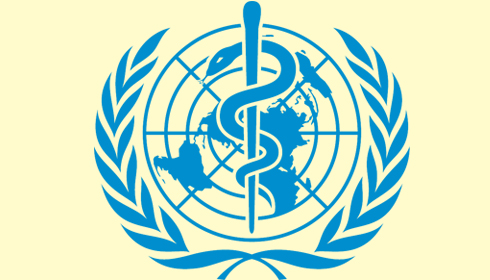
CEPI and WHO Urge Global Boost in Pandemic Preparedness Research
In a concerted call to action, the Coalition for Epidemic Preparedness Innovations (CEPI) and the World Health Organization (WHO) are urging governments and researchers to enhance and accelerate global research efforts in preparation for future pandemics. The joint appeal, made at the Global Pandemic Preparedness Summit 2024 in Rio de Janeiro, Brazil, highlights the need for a more comprehensive approach to studying potential pandemic threats.
The organizations emphasize the importance of broadening research to include entire families of pathogens, not just those with immediate pandemic potential. By focusing on prototype pathogens—disease-causing agents used as reference points—researchers can develop a foundational knowledge base applicable to various related pathogens. This strategy aims to create tools and countermeasures that are adaptable to emerging threats, enhancing the global ability to respond swiftly to new health crises.
The WHO R&D Blueprint for Epidemics report, presented at the summit, advocates for a shift in research strategy. It suggests that researchers expand their focus beyond well-studied pathogens to explore less understood and potentially dangerous pathogens that could emerge in resource-scarce settings with high biodiversity. The metaphor used in the report likens current research efforts to searching for lost keys under a streetlamp—only those pathogens within the light's reach are well-understood. The goal is to extend this illuminated area to include pathogens currently in the dark.
Dr. Richard Hatchett, CEO of CEPI, emphasized the importance of this new framework: "WHO’s scientific framework for epidemic and pandemic research preparedness is a vital shift in how the world approaches countermeasure development. This framework will help steer and coordinate research into entire pathogen families, bolstering the world’s ability to respond to unforeseen variants and emerging threats."
The report was developed with input from over 200 scientists across 50 countries, who assessed the risks associated with 28 virus families and one core group of bacteria. Their evaluation considered factors such as transmission patterns, virulence, and the availability of diagnostics, vaccines, and treatments.
Dr. Tedros Adhanom Ghebreyesus, WHO Director-General, underscored the urgency of the initiative: “History teaches us that the next pandemic is a matter of when, not if. We need a combination of science and political resolve to come together as we prepare for the next pandemic. Advancing our knowledge of the many pathogens that surround us is a global project requiring the participation of scientists from every country.”
To support this effort, WHO is establishing Collaborative Open Research Consortiums (CORCs) for each pathogen family, with WHO Collaborating Centres serving as research hubs. These CORCs will bring together researchers, developers, funders, regulators, and other experts to foster collaboration and equitable participation, particularly from regions where these pathogens are likely to circulate.
The call to action by CEPI and WHO marks a significant step towards strengthening global pandemic preparedness and ensuring that the world is better equipped to handle future health emergencies.